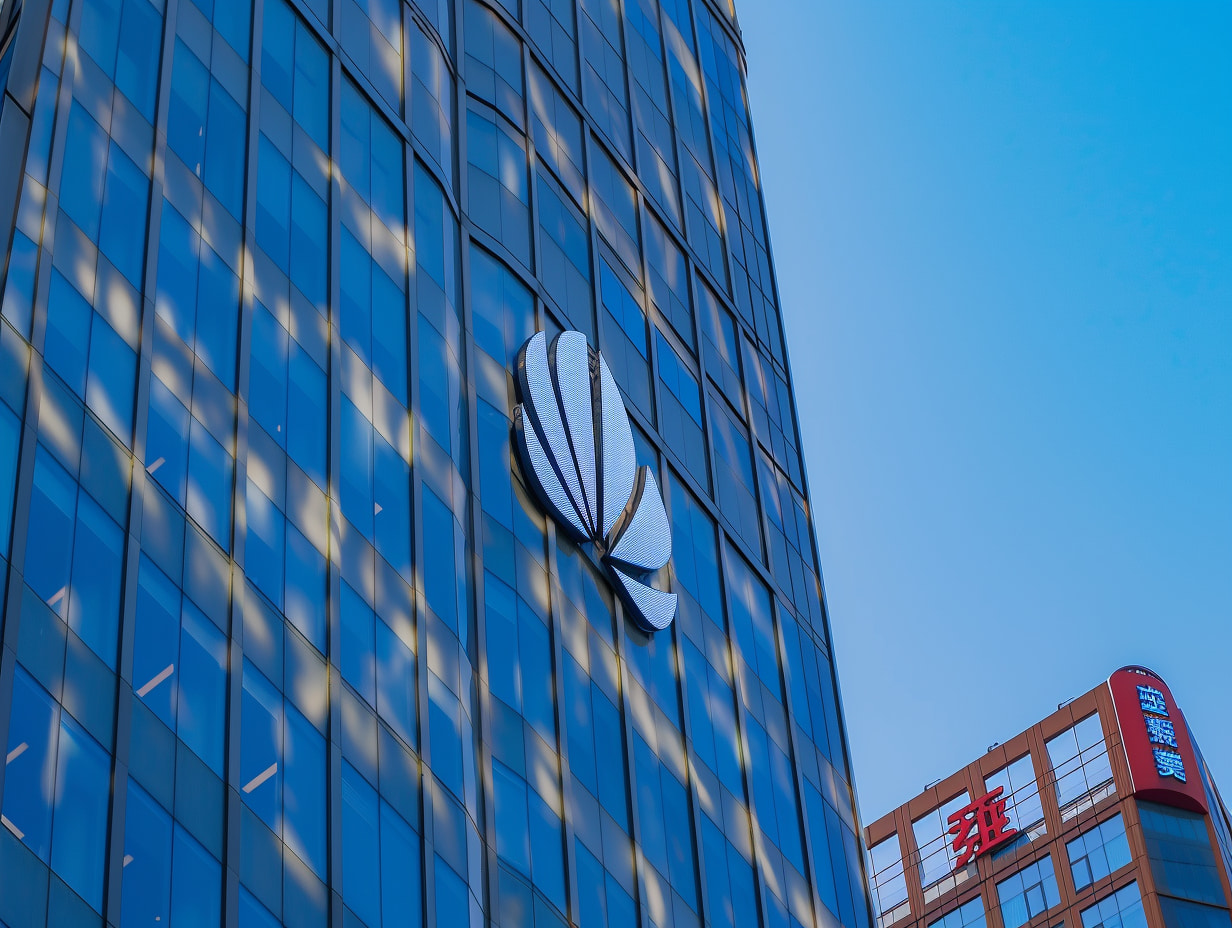Huawei Mate 60 smartphones, once compared to Apple’s iPhones, are facing a production bottleneck due to the company’s shift to producing AI chips.
Huawei Prioritizes AI Chips, Smartphones on Hold
Lately, Huawei has been seeing a surge in demand for AI chips due to the recent US restriction on the sale of AI chips to China. The restriction specifically targeted the sale of high-performance chips to China, a market previously controlled by US giant Nvidia.
As a result, the demand rerouted to domestic alternatives like Huawei’s Ascend and other high-end chips produced by Chinese companies.
Last year, one of Nvidia’s longstanding Chinese customers Baidu placed an order for 1,600 Huawei 910B Ascend AI chips, around 450 million yuan ($61.83 million), pointing to the fact that Chinese companies are slowly moving away from the US company.
But as Huawei grapple to satisfy the growing demand for AI chips amidst limited access to advanced chipmaking tools, its flagship Mate 60 smartphones suffer a slowdown in production.
Huawei’s AI Focus Creates Production Bottlenecks
Huawei reportedly produces both Ascend AI chips and Kirin chips, which power the Mate 60 phones, under one facility. Thus, the company has had to prioritise producing the Ascend chips over other chips, affecting the supply of smartphones.
According to reports, Mate 60 smartphones are usually sold out, and interested buyers have had to wait for months for their orders to be filled. Some Chinese automakers that used Huawei’s “MDC 810” chips are also affected by the development.
The MDC 810 chips are used in vehicles to power advanced driver assistance systems. Due to Huawei’s shift to AI chip production, Reuters reported that the supply of the MDC 810 has also been affected, forcing some Chinese automakers to delay the delivery of flagship models.
A Step-By-Step System To Launching Your Web3 Career and Landing High-Paying Crypto Jobs in 90 Days.
 China's Chip Battle Hits Huawei Phones
China's Chip Battle Hits Huawei Phones